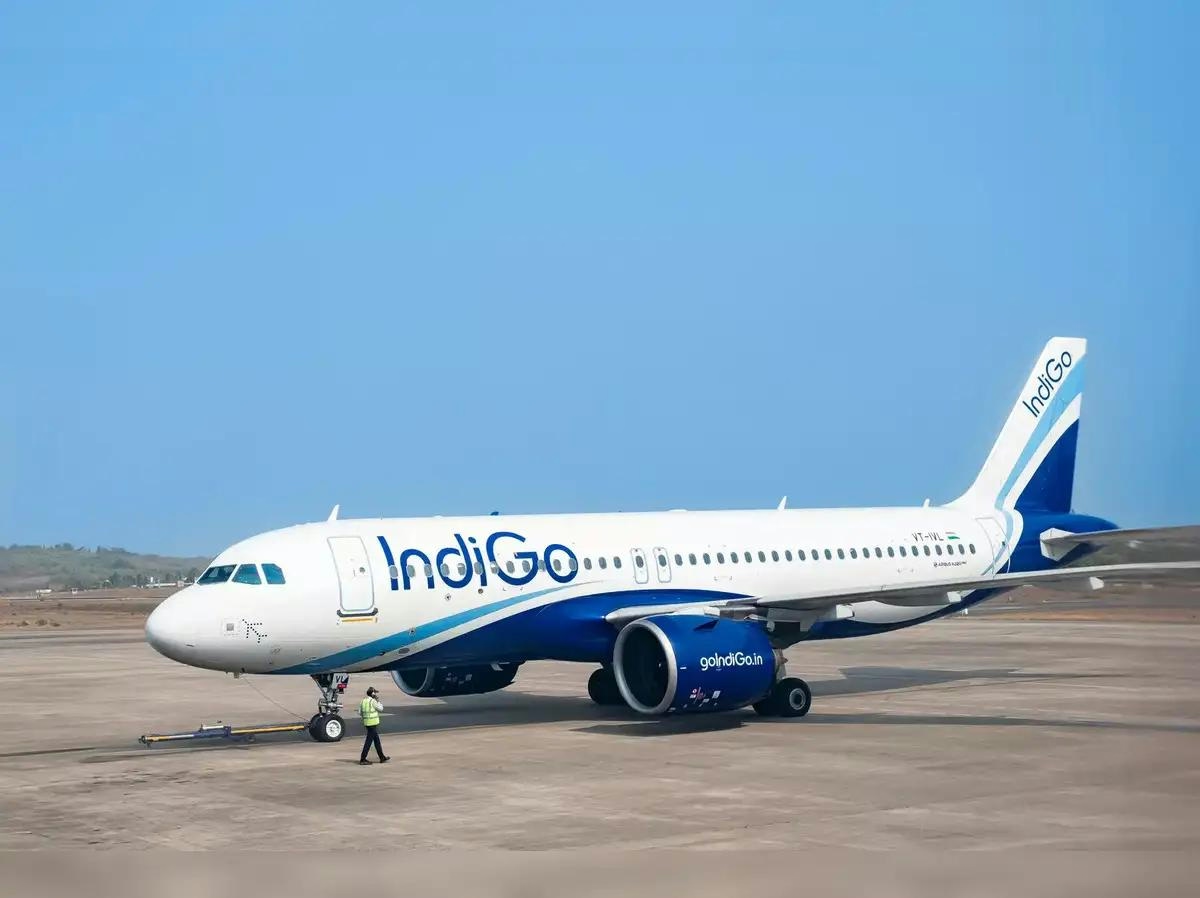
Email più intelligenti, business più veloce. Tag automatici, analisi e risposte immediate a richieste, preventivi, ordini e altro.
Tendenze
US Approves GE Aerospace Engine Exports to COMAC
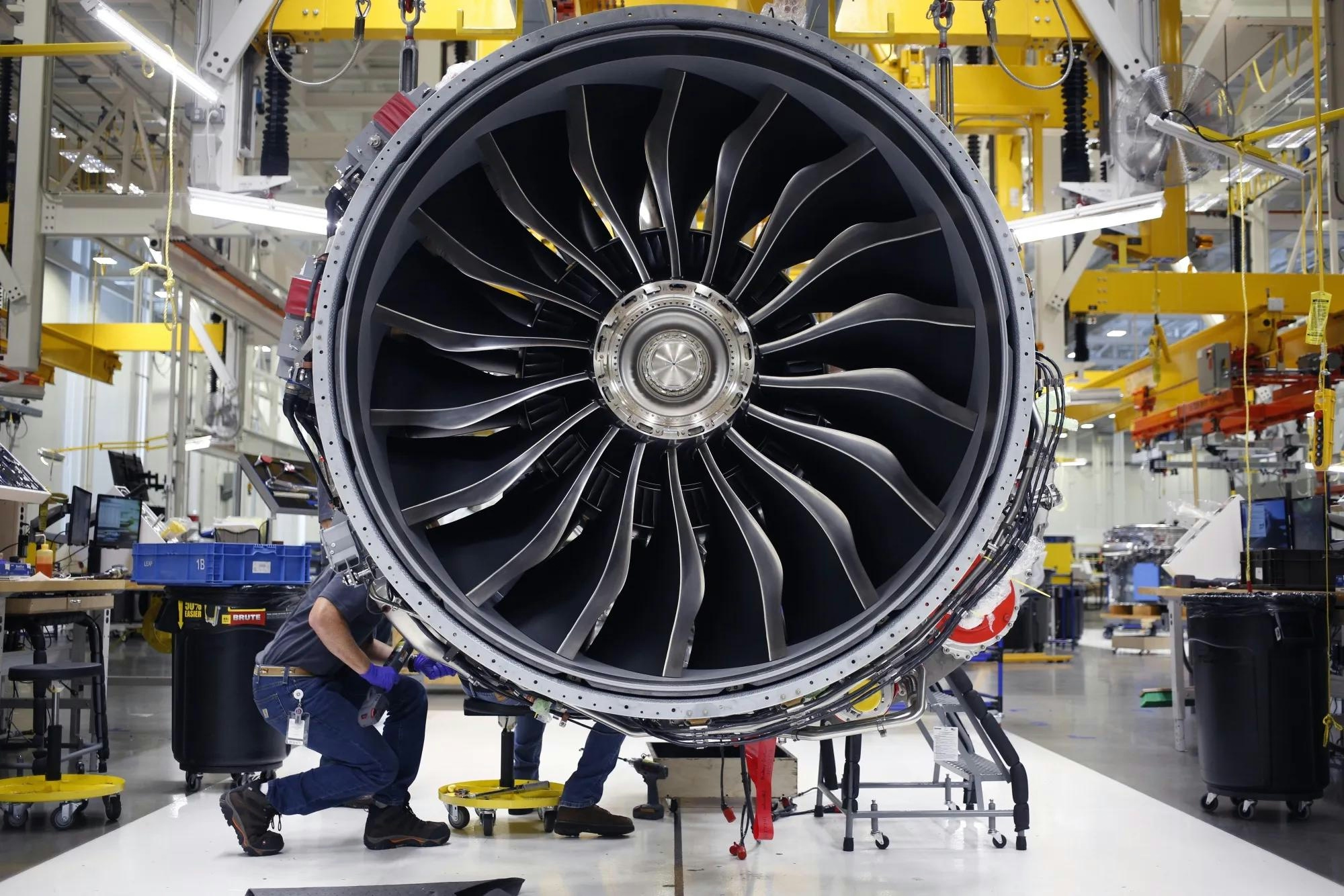
US Approves GE Aerospace Engine Exports to COMAC
The United States government has authorized GE Aerospace to resume exports of aircraft engines to China’s Commercial Aircraft Corporation of China (COMAC), signaling a notable easing of trade tensions between Washington and Beijing. On July 3, 2025, GE Aerospace was informed that the export restrictions imposed earlier in the year would be lifted, enabling the company to restart shipments to the Chinese aircraft manufacturer.
Reversal of Export Restrictions
This decision reverses a suspension enacted in late May 2025, when the US halted exports of aircraft engines and related aviation technology to COMAC as part of a broader strategy targeting Chinese imports. The US Department of Commerce had previously suspended export licenses for these products, alongside restrictions on semiconductors and chemicals. These licenses have now been reinstated, allowing GE Aerospace to resume its supply chain operations with COMAC.
The lifted restrictions specifically pertain to the export of LEAP-1C and GE CF34 engines, which power COMAC’s C919 and C909 aircraft, respectively. Both engines are manufactured by CFM International, a joint venture between GE Aerospace and France’s Safran. This development is critical for COMAC’s ambitions to compete with established industry leaders Airbus and Boeing in the global commercial aviation market.
Context of US-China Trade Relations
The policy shift occurs amid ongoing negotiations between the US and China following a period of heightened trade friction. In April 2025, the US imposed sweeping tariff increases on dozens of countries, including China, escalating economic hostilities. However, a truce reached on May 12, 2025, led to significant reductions in planned tariff hikes—US tariffs on Chinese imports were cut from 145% to 30%, while China reduced its tariffs on US goods from 125% to 10%. Both sides agreed to a 90-day negotiation window, set to close on July 9, 2025. As part of the de-escalation, Beijing reportedly made concessions regarding rare earth exports, a critical component in advanced manufacturing.
Implications for Aviation Technology and Industry
The resumption of engine exports coincides with GE Aerospace’s intensified efforts to enhance the durability of its products. The company recently completed a second round of GE9X dust-ingestion tests aimed at addressing durability issues that affected earlier engine models. Meanwhile, GE and its competitor Pratt & Whitney are pursuing divergent technological paths for next-generation narrowbody jet engines. GE, through CFM’s RISE program, is focusing on open-fan technology, while Pratt & Whitney explores alternative approaches.
The US decision to permit GE Aerospace to resume shipments to COMAC is expected to have significant implications for the global aviation industry. It may reshape competition and supply chains as both countries seek to balance economic interests with strategic concerns.
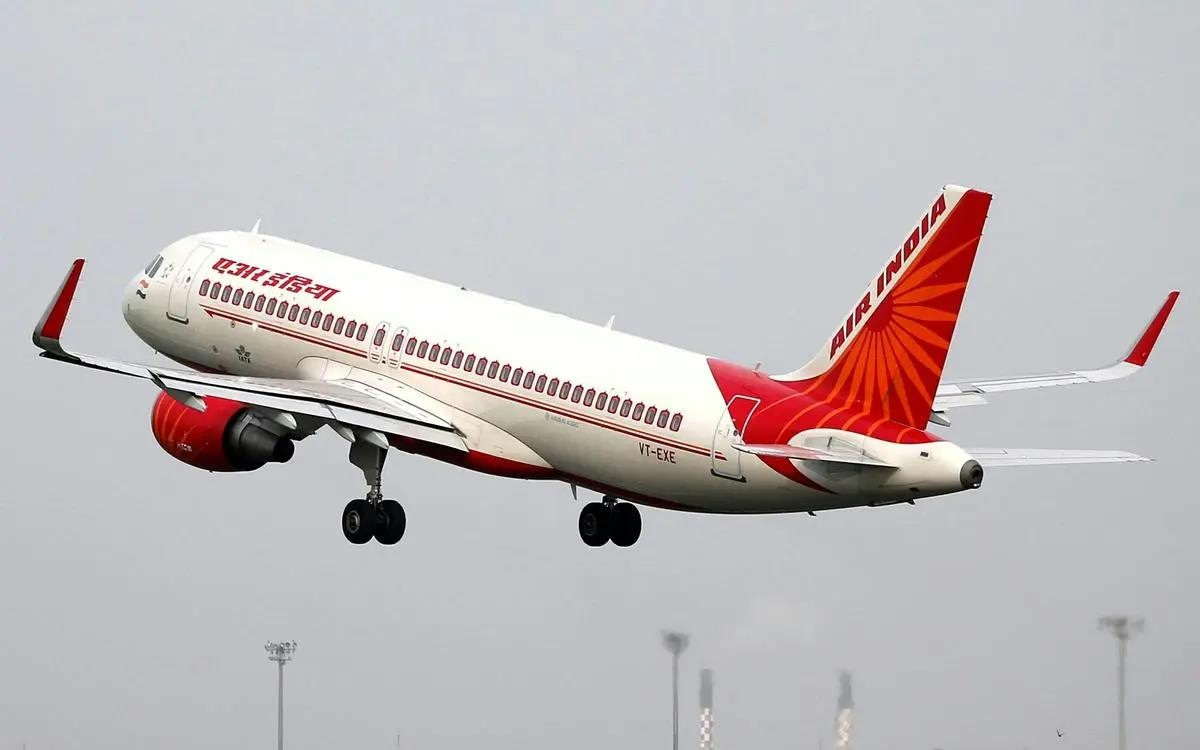
Air India Pilot Collapses in Cockpit Before Bengaluru-Delhi Flight

AirAsia Orders 50 Airbus A321XLR Jets as Restructuring Nears Completion
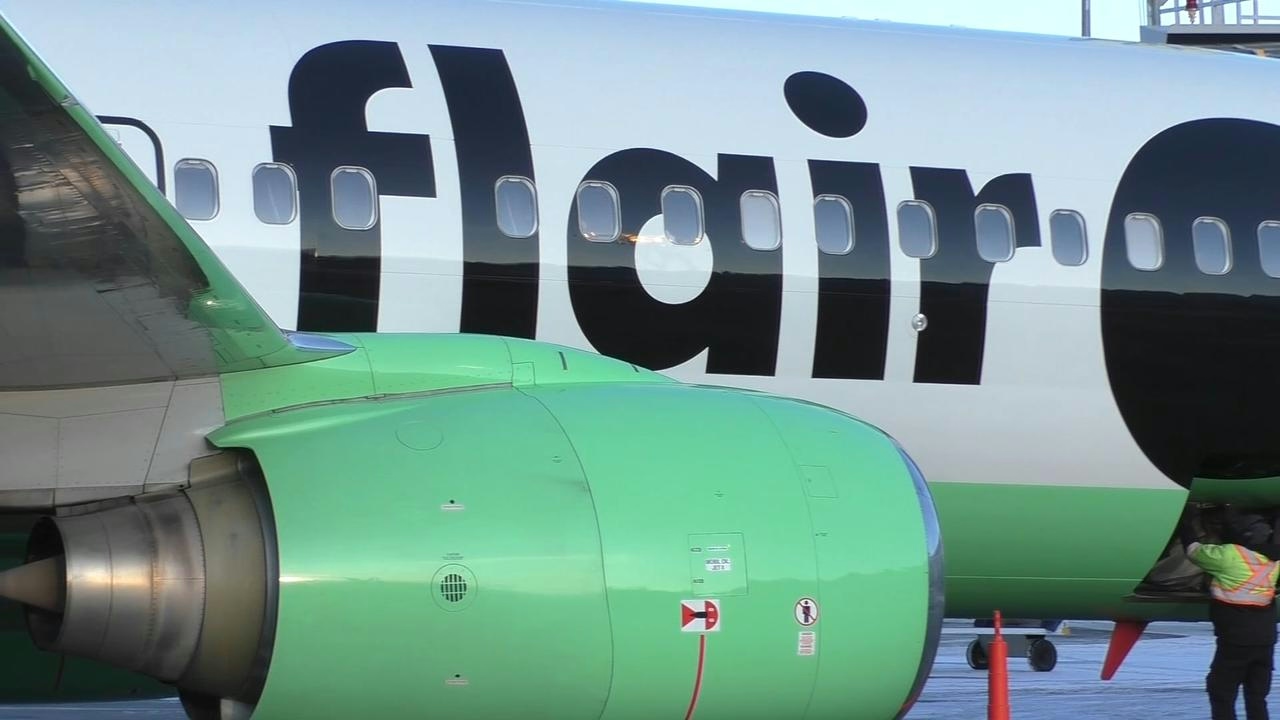
Aircraft Lessors Sue Flair Airlines Over 2023 Plane Seizures
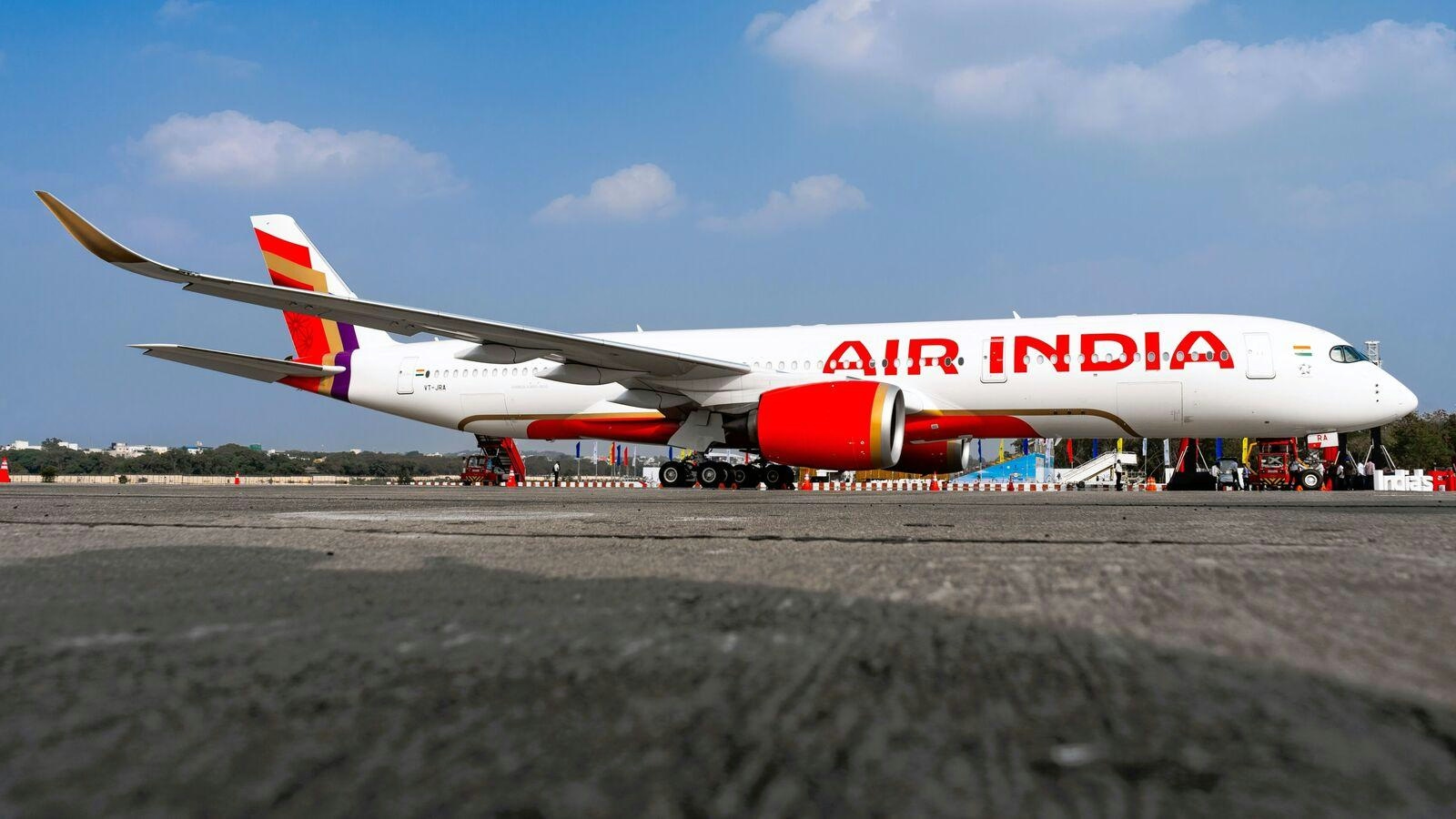
Why India’s Airline Startups Are Investing in Hybrid Fleets

Supply Chain Bottlenecks Disrupt Global Trade

CIASL Initiates ₹50 Crore MRO Hangar Project to Develop Kochi as Aviation Hub
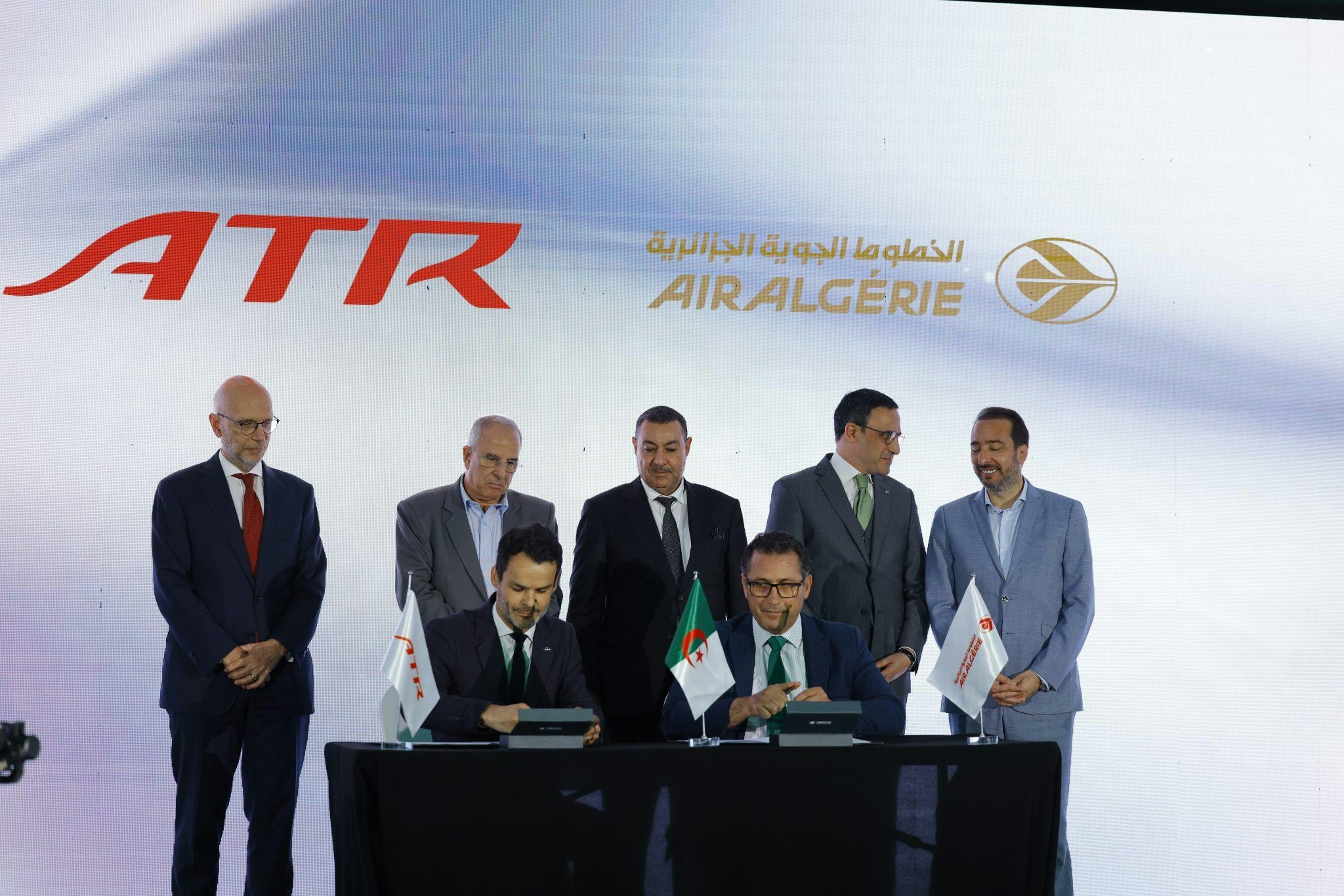
Air Algérie Places ATR's Largest Aircraft Order in Africa

BBGA, EBAA, and RAeS Call for Unified Aerospace Representation
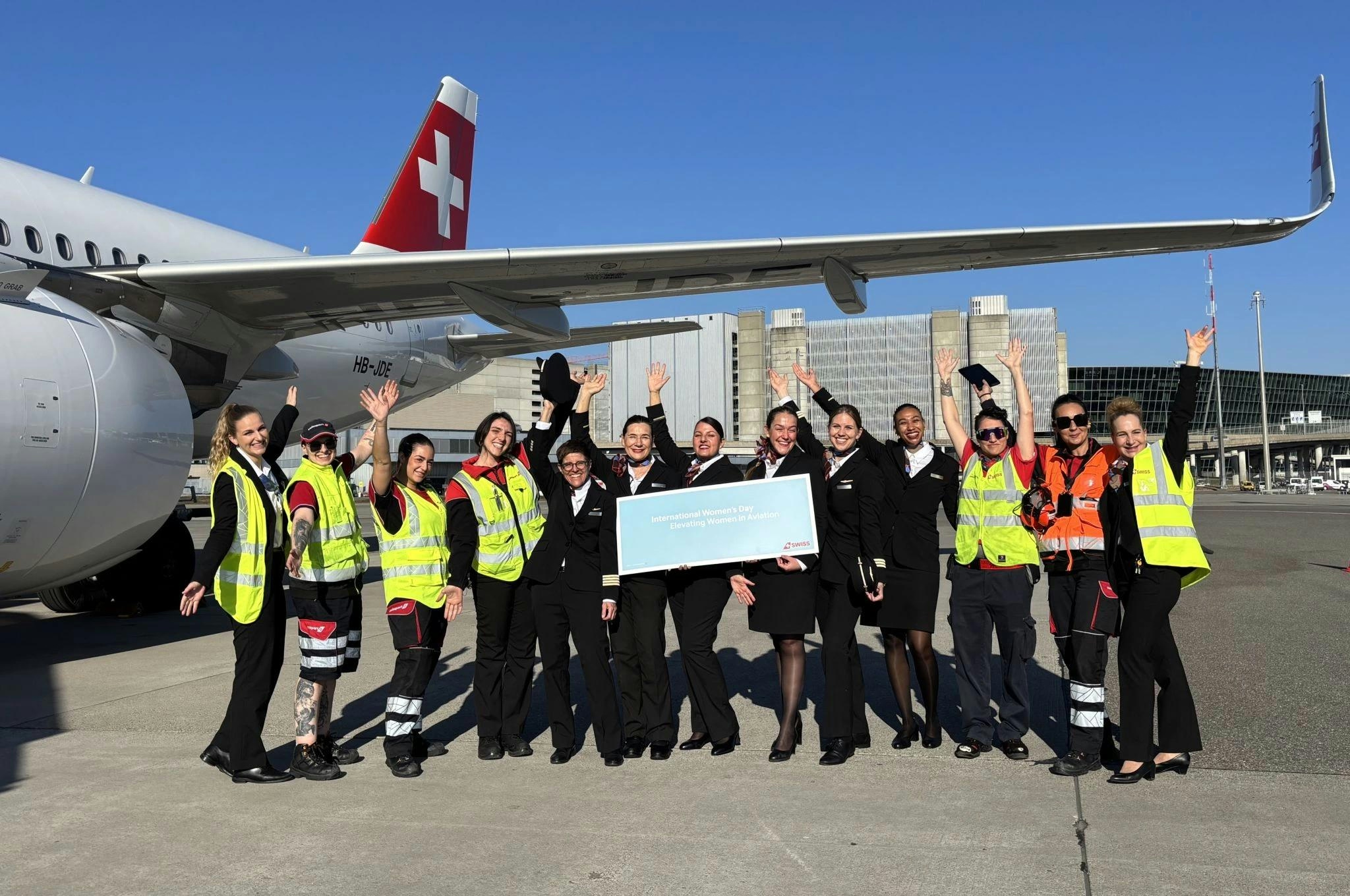
Swiss Prepares for Peak Summer Operations Amid Emerging Challenges
